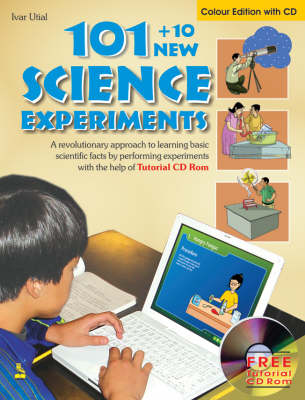Filters
Clear allSubject
- Careers (113) Apply Careers filter
- Climate Change (28) Apply Climate Change filter
- Computing (142) Apply Computing filter
- Creative arts and media (7) Apply Creative arts and media filter
- Cross curricular (287) Apply Cross curricular filter
- Design and technology (544) Apply Design and technology filter
- Engineering (256) Apply Engineering filter
- Food Preparation and Nutrition (43) Apply Food Preparation and Nutrition filter
- Health and safety (1) Apply Health and safety filter
- Leadership (22) Apply Leadership filter
- Mathematics (329) Apply Mathematics filter
- Personal development (25) Apply Personal development filter
- Psychology (21) Apply Psychology filter
- Space (28) Apply Space filter
- STEM Ambassadors (10) Apply STEM Ambassadors filter
- STEM Clubs (21) Apply STEM Clubs filter
Age range
Type
- Activity sheet (524) Apply Activity sheet filter
- Article (21) Apply Article filter
- Assessment (45) Apply Assessment filter
- Audio (6) Apply Audio filter
- Data set (1) Apply Data set filter
- Demonstration (4) Apply Demonstration filter
- Diagram (2) Apply Diagram filter
- Experiment (50) Apply Experiment filter
- Game (16) Apply Game filter
- Group work (7) Apply Group work filter
- Image (40) Apply Image filter
- Information sheet (87) Apply Information sheet filter
- Interactive resource (11) Apply Interactive resource filter
- Open-ended task (12) Apply Open-ended task filter
- Poster (29) Apply Poster filter
- Presentation (183) Apply Presentation filter
- Quiz (3) Apply Quiz filter
- Research (130) Apply Research filter
- Self assessment (3) Apply Self assessment filter
- Teacher guidance (678) Apply Teacher guidance filter
- Textbook (41) Apply Textbook filter
- Video (305) Apply Video filter
- (-) Remove Include Physical Resources filter Include Physical Resources
Showing 5588 results

Science is not something mysterious. Being ‘scientific’ involves being curious, observing, asking how thing happen, and learning how to find the answers.
Curiosity is natural to children, but they need help...
The ASE List of Books provides a very comprehensive list of publications relating to science for teachers and students as current at the time (1966). The list is helpfully separated into topics and there is an index. The list comprises authors, titles and publishers...
These three 45 minute sessions follow on from the introductory session to 'Saving Today's Dinosaurs' and explore stories of how humans are trying to have a positive impact on the environment to address the problems of
2A - habitat loss...
The ASE List of Teaching Aids provides a comprehensive catalogue of films, books, charts, and other visual materials that can help the teaching of science. It also includes addresses of fieldwork centres, clubs and societies for students and museum services. All this,...
This session recaps the different types of human impact on birds and introduces the idea of migration and birds needing a network of places to rest and visit on their long journey.
Pupils will combine everything they've learned in the previous 'Saving Today's...
In this activity students make a periscope and investigate the topic of light.
Resources required:
Cardboard, mirrors.
The ASE Materials and Equipment booklet provides lists of equipment and materials compiled from what primary teachers at the time (1966) found met the needs of their own classes as they developed investigations. It reassured teachers that a large collection of equipment...
This session provides the materials needed to organise a 'showcase day' for pupils to share the creations and ideas they developed as part of the 'Saving Today's Dinosaurs' course. A template letter is provided for schools to invite guests to the event, and PowerPoint...
The ASE Using Broadcasts booklet was published in 1970 and reflects the availability of different technologies to help teaching and learning at that time. It focuses on the use of radio broadcasts and the follow up work that can arise from them. In particular it...
From the British Nutrition Foundation, in partnership with the Agriculture and Horticulture Development Board (AHDB...

Science doesn't have to just be about periodic tables and test tubes. For those kids (and adults) who are put off reading or learning about science because they think it's too hard, too boring, or just has nothing to...

The outdoor environment offers access to unique opportunities to explore and discover the world around us with the weather and nature constantly enhancing each and every learning experience. The benefits of outdoor...
This item is one of over 25,000 physical resources available from the Resources Collection. The Archive Collection covers over 50 years of curriculum development in the STEM subjects. The Contemporary Collection includes all the latest...
We know that in the current situation, STEM activities may be harder to run, especially with concerns about sharing equipment in groups. We have selected over 50 activities that can be done in any classroom, with very little equipment. These can...
